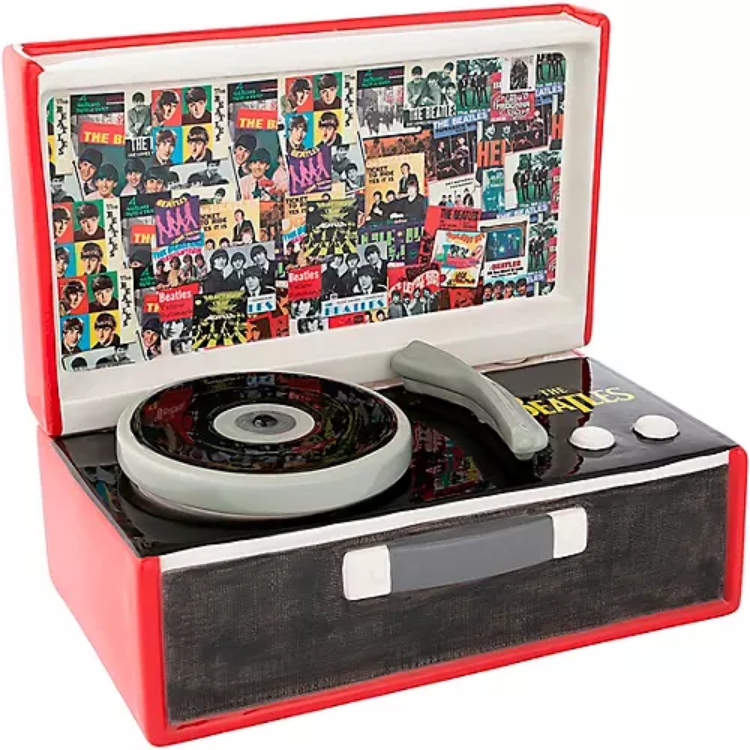The Beatles taking a break before the US tour.
- Register
- Log in to Tune-In
- Wishlist (0)
-
Shopping cart
(0)
You have no items in your shopping cart.
A Day in the Life Blog
Brian Epstein held a press conference the day before.
In an attempt to defuse the controversy surrounding John Lennon's comments that The Beatles were "more popular than Jesus", the group's manager Brian Epstein held a special press conference.
Despite suffering from glandular fever, in the morning he had cut short his holiday in Portmeirion, north Wales, and flown from England to the US.
Epstein was fearful that The Beatles' imminent US tour might have to be cancelled, as by this point public outcry had grown to the extent that 30 US radio stations had banned The Beatles' records.
The press conference was held at the Sheraton Hotel in Manhattan, New York. Epstein began by reading a statement approved by Lennon, before taking questions from the press.
The quote which John Lennon made to a London columnist nearly three months ago has been quoted and misrepresented entirely out of context of the article, which was in fact highly complimentary to Lennon as a person and was understood by him to be exclusive to the Evening Standard. It was not anticipated that it would be displayed out of context and in such a manner as it was in an American teenage magazine.
Lennon didn't mean to boast about the Beatles' fame. He meant to point out that the Beatles' effect appeared to be a more immediate one upon, certainly, the younger generation. John is deeply concerned and regrets that people with certain religious beliefs should have been offended.
Q: We're wondering whether you're going to change the itinerary of The Beatles to avoid areas where the radio stations are now burning their records and their pictures?
This is highly unlikely. I've spoken to many of the promoters this morning. When I leave here, I have a meeting with several of the promoters who are anxious that the concerts should not be cancelled, at all. Actually, if any of the promoters were so concerned and wish that the concerts be cancelled, I wouldn't, in fact, stand in their way.
Cavendish Ave. London
The Granada Television documentary "The Music Of Lennon & Paul McCartney" had been a celebration of the pair's songwriting, a number of their compositions being performed by a range of artists in the TV studio. Now, nine months later, John and Paul were involved in a similar production for BBC radio, a one-hour programme entitled "The Lennon and McCartney Songbook", the only difference between this and the TV show being that the two Beatles cast their critical eye over 15 recorded and already released versions of their handiwork, by such artists as Peggy Lee, Ella Fitzgerald, the Mamas and the Papas and, remarkably, the Band of the Irish Guards (which had issued "She Loves You").
Although set to have been recorded at John's house in Weybridge, Surrey, the location was switched beforehand to Paul's in St. John's Wood, north London, to where BBC producer Derek Chinnery and the interviewer Keith Fordyce traveled. Taping took place from 4:00 to 6:00 pm, interrupted only by the arrival of tea and the whining of Paul's newly acquired sheepdog puppy, Martha. The production was broadcast by the Light Programme between 4:30 and 5:30 pm on "bank holiday", Monday, August 29th, while the Beatles were in America about to give their last concert performance.
The programme was also pressed onto disc and distributed to subscribing overseas radio stations by the BBC's Transcription Service. Here, without the music, it lasted just 13 minutes and was renamed Songwriters Extraordinary - Lennon And McCartney.
Source: The Complete Beatles Chronicle - Mark Lewisohn
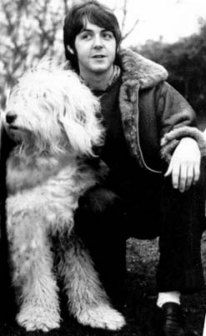
August 5, 1966: The Beatles Get Psychedelic With 'Revolver'
“Turn off your mind, relax, and float downstream.”
The sixties were about to get an injection of psychedelia with The Beatles’ Revolver. These lyrics from “Tomorrow Never Knows” are the perfect primer for an album that changed the course of Beatles history, and rock and roll, forever.
The acid-influenced masterpiece spawned hits such as “Yellow Submarine,” “Eleanor Rigby,” and “Got to Get You Into My Life,” all of which cracked the top-20 of the Billboard Charts.
Coming off the heels of Rubber Soul, a turning point for The Beatles had been reached. Soul started to introduce some folk rock themes while keeping a pop rock tune. Then Revolver took those changes and ran with them.
“Their ideas now were beginning to become much more potent in the studio,” said producer George Martin in a documentary, “and they would start telling me what they wanted, and they would start pressing me for more ideas and more ways for translating those ideas into reality.”
Experimentation fueled the Fab Four’s creativity. Many Beatleologists call this album their “acid album” while Rubber Soul was their “weed” album. They even started experimenting with backwards guitar solos and Indian-flavored tunes and instruments.
“That’s the first record with backwards music on it,” said Lennon in the same documentary. “Before Hendrix, before The Who, before any f*ckers.”
Revolver was certified 5x platinum by RIAA and spent six weeks atop the Billboard charts.Rolling Stone ranked it as the No. 3 album of all-time in their “500 Greatest Albums” list, and it was their second-best selling album at the time behind its predecessor Rubber Soul.
Through the years, Revolver has stood the test of time as one of the most innovative albums in history. It seemed impossible for The Beatles to be able to replicate the success and creativity of that album...until they replicated the success and creativity of that album less than a year later with Sgt. Pepper’s Lonely Hearts Club Band.
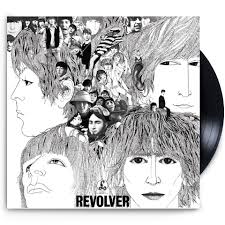
The station manager of WAQY-AM radio in Birmingham, Alabama became the first to urge listeners to boycott record stores and bookstores that sold music and memorabilia of The Beatles, starting an American backlash against the British rock group that was preparing to make a tour of the United States. Manager Tommy Charles told reporters, "We just felt it was so absurd and sacreligious that something ought to be done to show that they cannot get away with this sort of thing." On March 4th, John Lennon had been quoted by a British interviewer as saying "We're more popular than Jesus now", and the statement had largely gone unnoticed until it was reprinted in the July issue of the American teen magazine Datebook. On July 28, Charles and disc jockey Doug Layton stopped playing the group's records and announced plans for a bonfire of records on July 30. Other radio stations joined in the boycott, including in South Africa and Spain before Lennon made an apology when the group arrived in Chicago on August 11.
Studio B15, Broadcasting House, London
Just as Paul had once agreed to a solo appearance on a David Frost TV Show. (A Degree of Frost), so he now agreed to participate with him, and without the other Beatles, in a BBC Light Program radio show, David Frost at the Phonograph, a series in which Frost interviewed "a personality" and commented on everyday matters in between playing records new and old. The entire program, including Paul's "Live" personal appearance, was recorded from 8:30 this evening in a basement studio at Broadcasting House, it was transmitted from 12:00 noon to 1:30 pm on Saturday, August 6th.
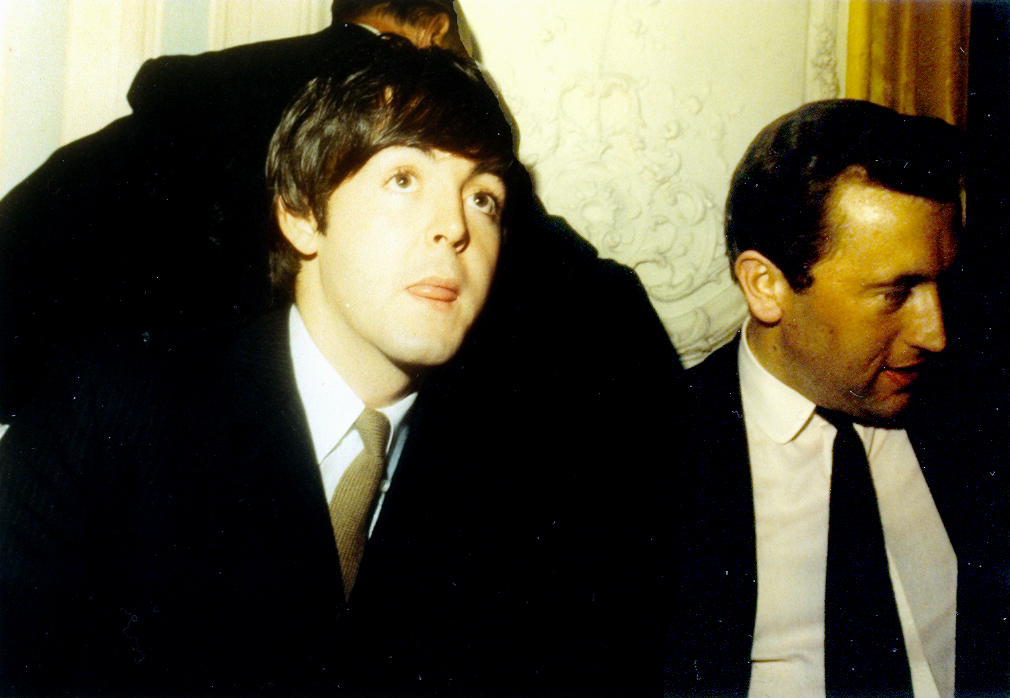
The Beatles started a five week run at No.1 on the US album chart with 'Yesterday...And Today', the group's 8th No.1 album.
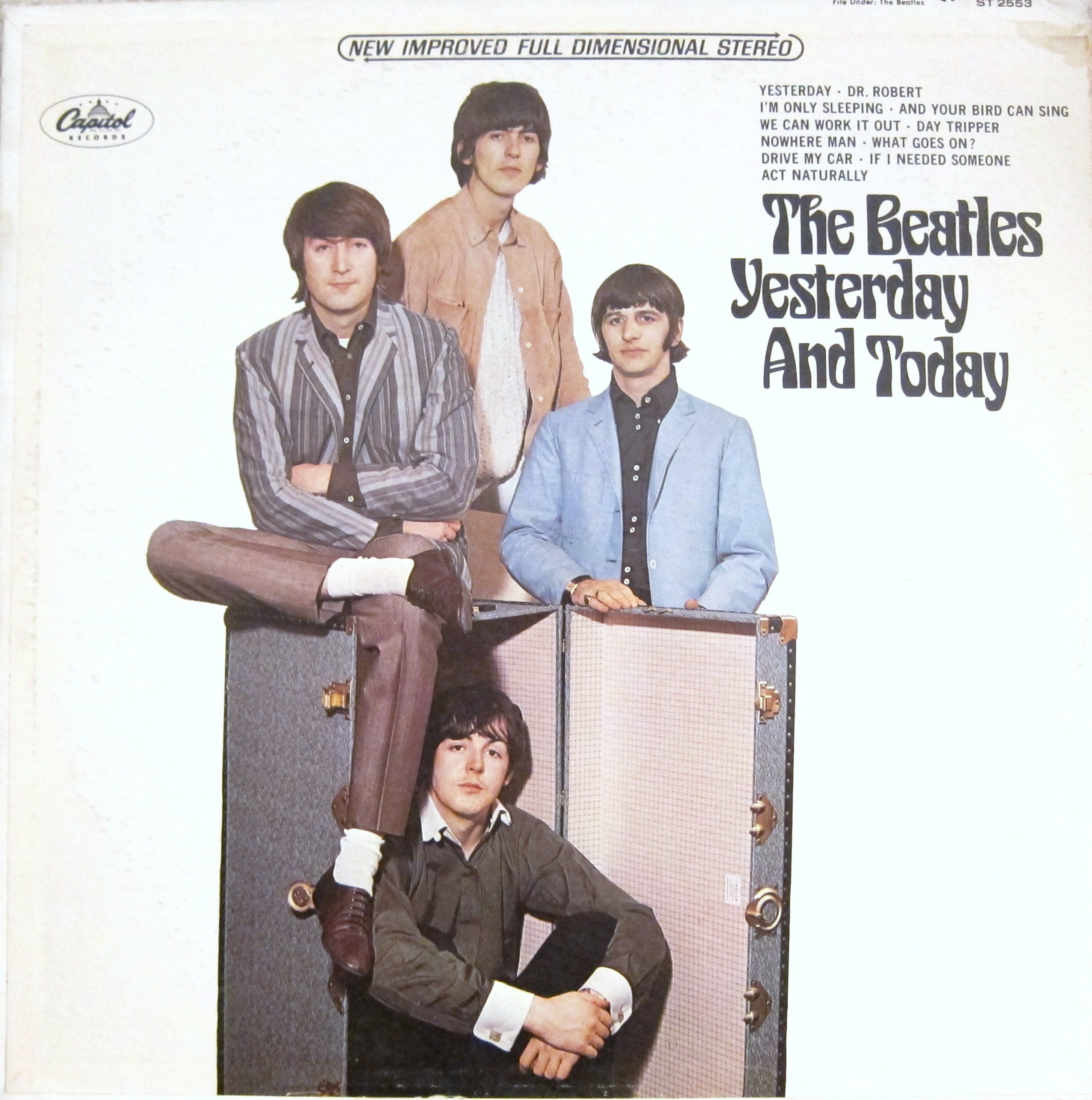
On July 30, 1966 The Beatles were at No.1 for 5 weeks straight. They accomplished this admirable task with their album Yesterday…And Today, which had been the groups 8th No.1 album.
- 1962
- 1963
- 1964
- 1965
- 1966
- 1967
- 1968
- 1969
- 1970

